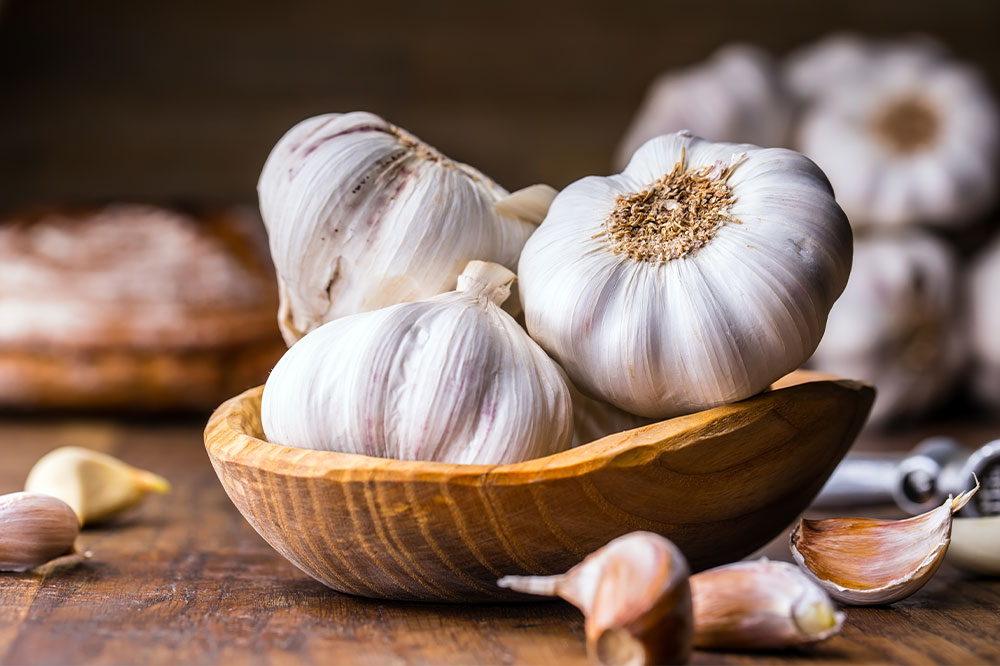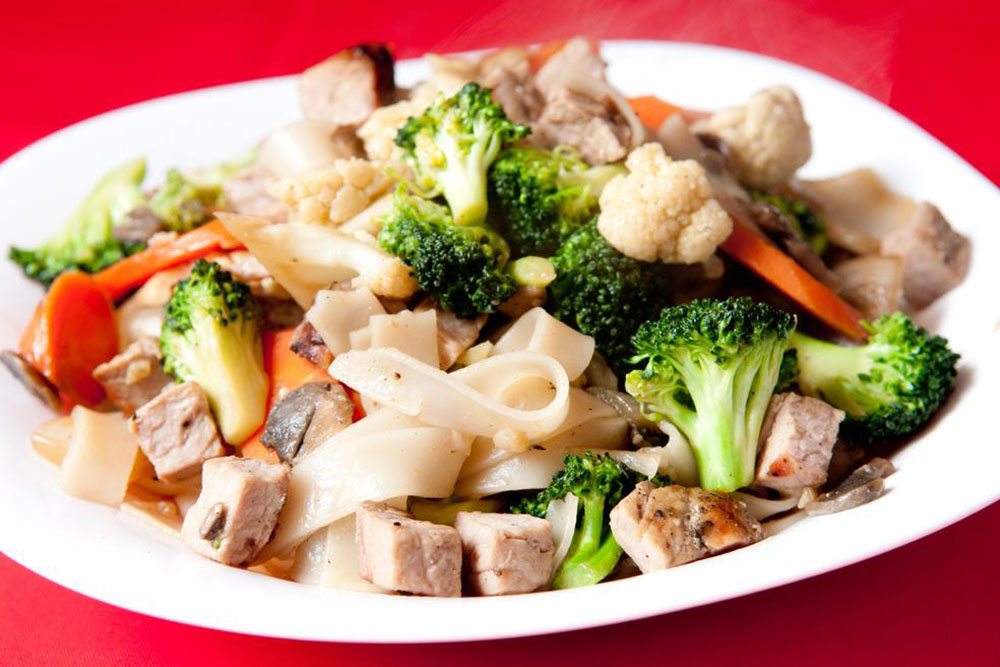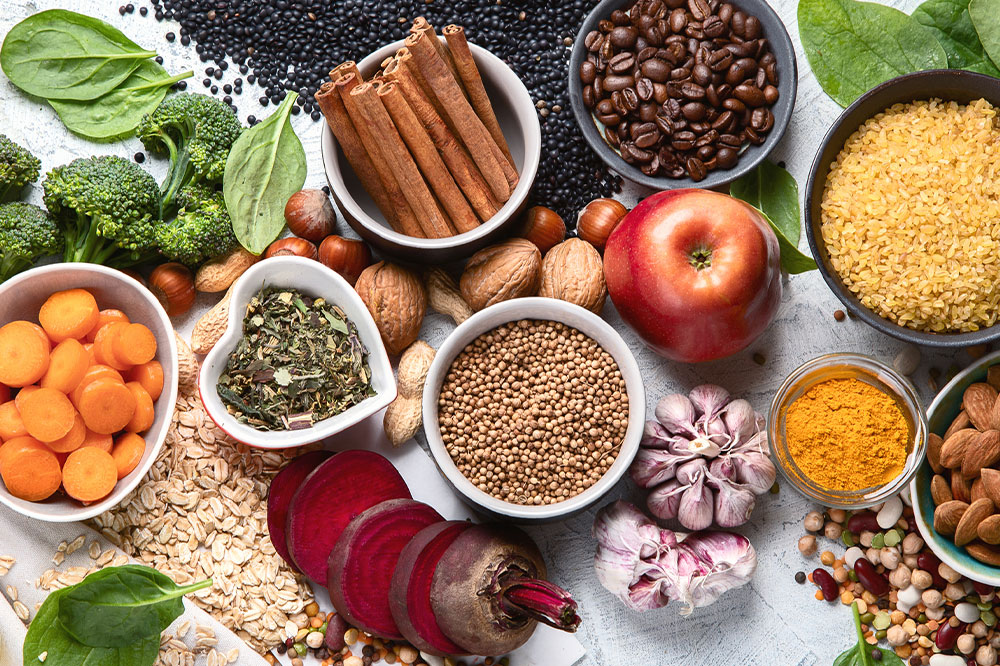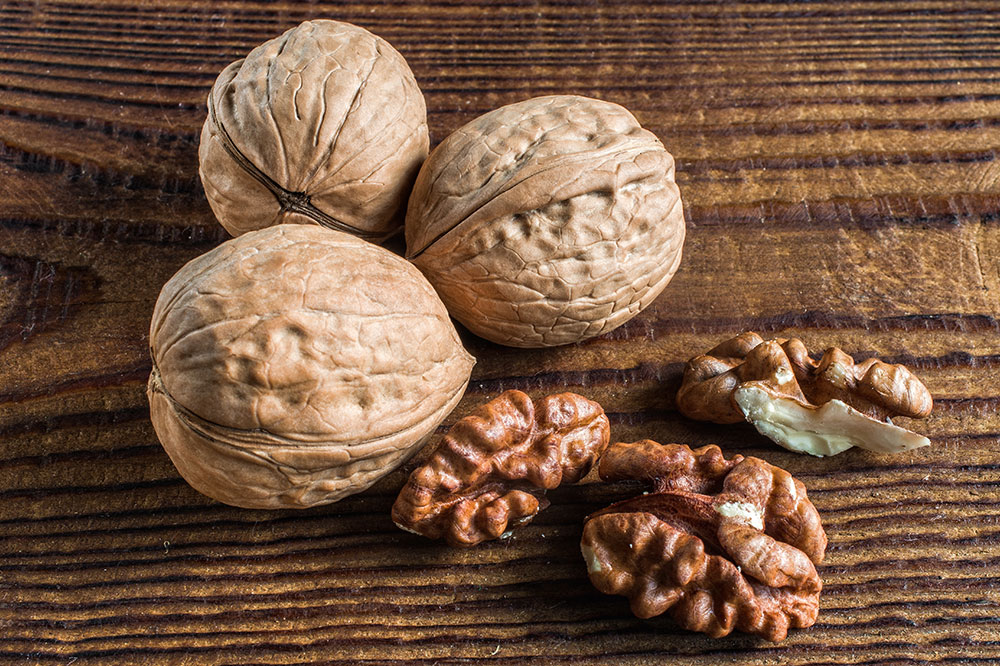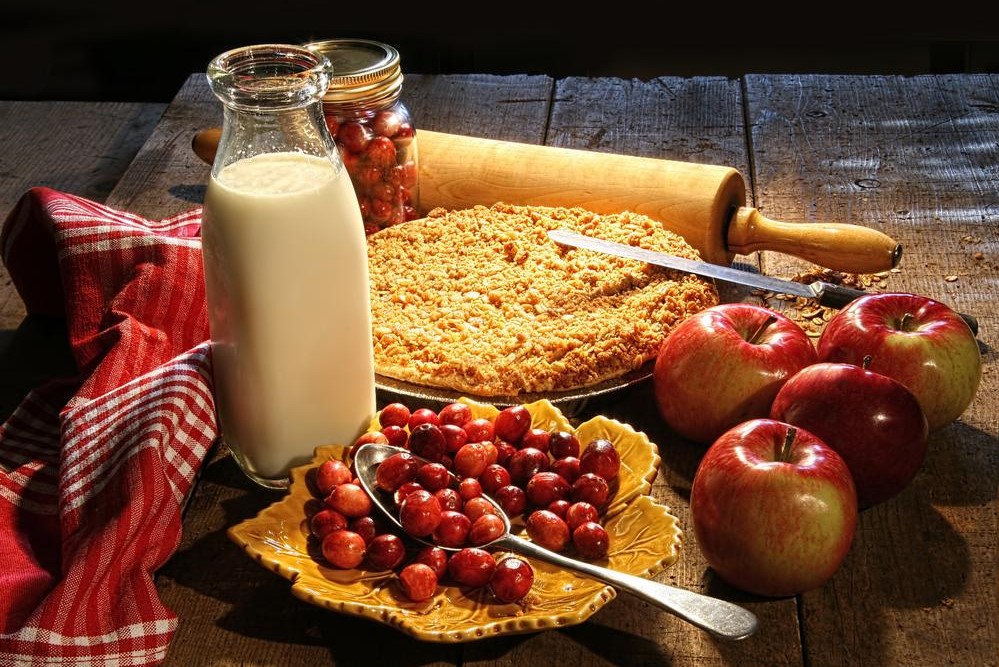Nutritional Strategies to Lower Cancer Risk
Discover how incorporating cancer-fighting foods like broccoli, bananas, nuts, berries, and turmeric into your diet can help lower your risk. Learn about the benefits of these nutritious options and their role in cancer prevention, alongside advice on medical treatments. A healthy lifestyle combined with medical guidance can be effective in managing cancer risk.
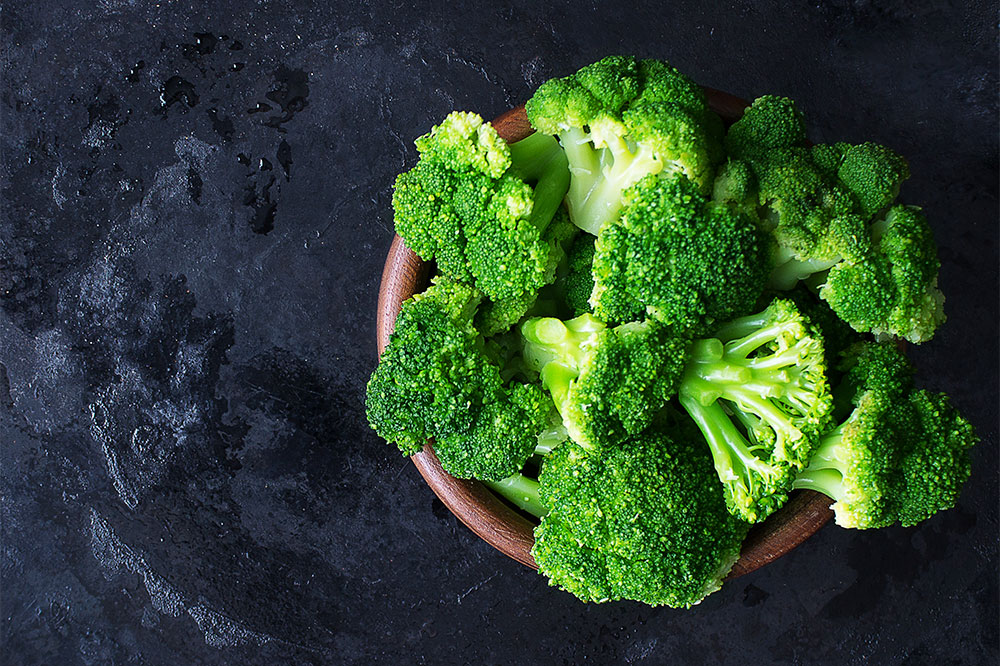
Many individuals are concerned about cancer due to genetics and environmental factors and seek preventative measures. While complete prevention is challenging, adopting a balanced diet and healthy lifestyle can significantly reduce risk. Certain foods contain compounds that inhibit cancer cell growth and support the body's defenses. Below are four powerful foods known for their cancer-fighting properties.
Broccoli and Other Cruciferous Vegetables
Cruciferous vegetables like broccoli, cabbage, lettuce, and Brussels sprouts are rich in sulforaphane, a compound that exhibits anti-cancer effects. Sulforaphane can help shrink tumors and target cancer cells, notably in prostate cancer. Incorporating these vegetables into your diet may help manage cancer symptoms and lower overall risk.
Bananas
Bananas contain lectin, an antioxidant that neutralizes free radicals—unstable molecules that damage healthy cells and increase cancer risk. Eating bananas regularly, a convenient and easy-to-digest fruit, may help decrease the likelihood of developing certain cancers.
Nuts
Almonds, cashews, and Brazil nuts are packed with nutrients like vitamin E, omega-3 fatty acids, and selenium. These nutrients have been linked to the inhibition of cancer cell growth, particularly reducing risks for colorectal, pancreatic, endometrial, and lung cancers.
Berries
Blueberries, cranberries, and strawberries are high in antioxidants such as anthocyanins and vitamin C. These compounds help lower colorectal cancer risk by disrupting the cell cycle and have shown promise in preventing other gastrointestinal cancers like esophageal and oral cancers.
Turmeric
Containing curcumin, turmeric exhibits anti-inflammatory and anti-cancer properties. It can reduce precancerous lesions in the colon and may kill cancer cells, lowering the risk of lung, breast, and prostate cancers. Including turmeric in your diet can be a beneficial strategy, but it should complement medical treatment.
While these foods can help mitigate cancer risk, they are not cures. Individuals diagnosed with cancer should consult healthcare professionals for appropriate treatments. Medications like IMBRUVICA® (ibrutinib) for B-cell cancers, YERVOY® (ipilimumab) for melanoma, and VONJO™ (pacritinib) for myelofibrosis are vital components of cancer management but come with potential side effects. Always seek medical advice before starting or modifying treatment plans.
Note: This article provides informational content on symptoms and treatments. It is not a substitute for professional medical advice. Always consult healthcare providers for diagnosis and treatment decisions.


